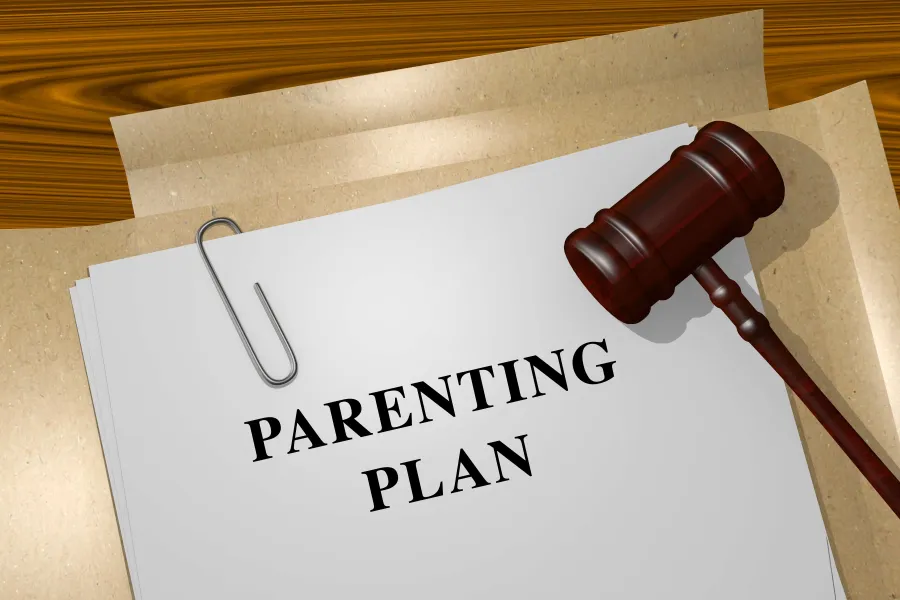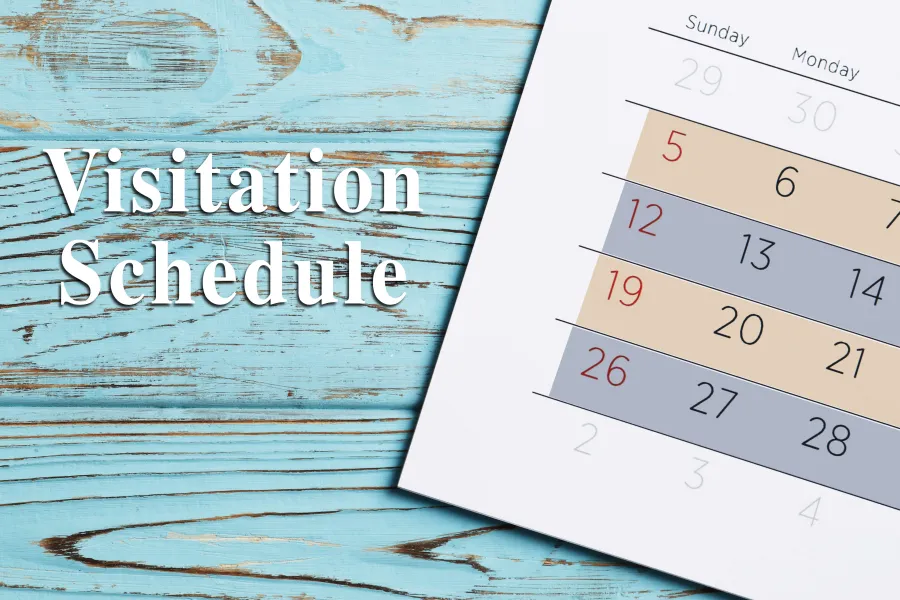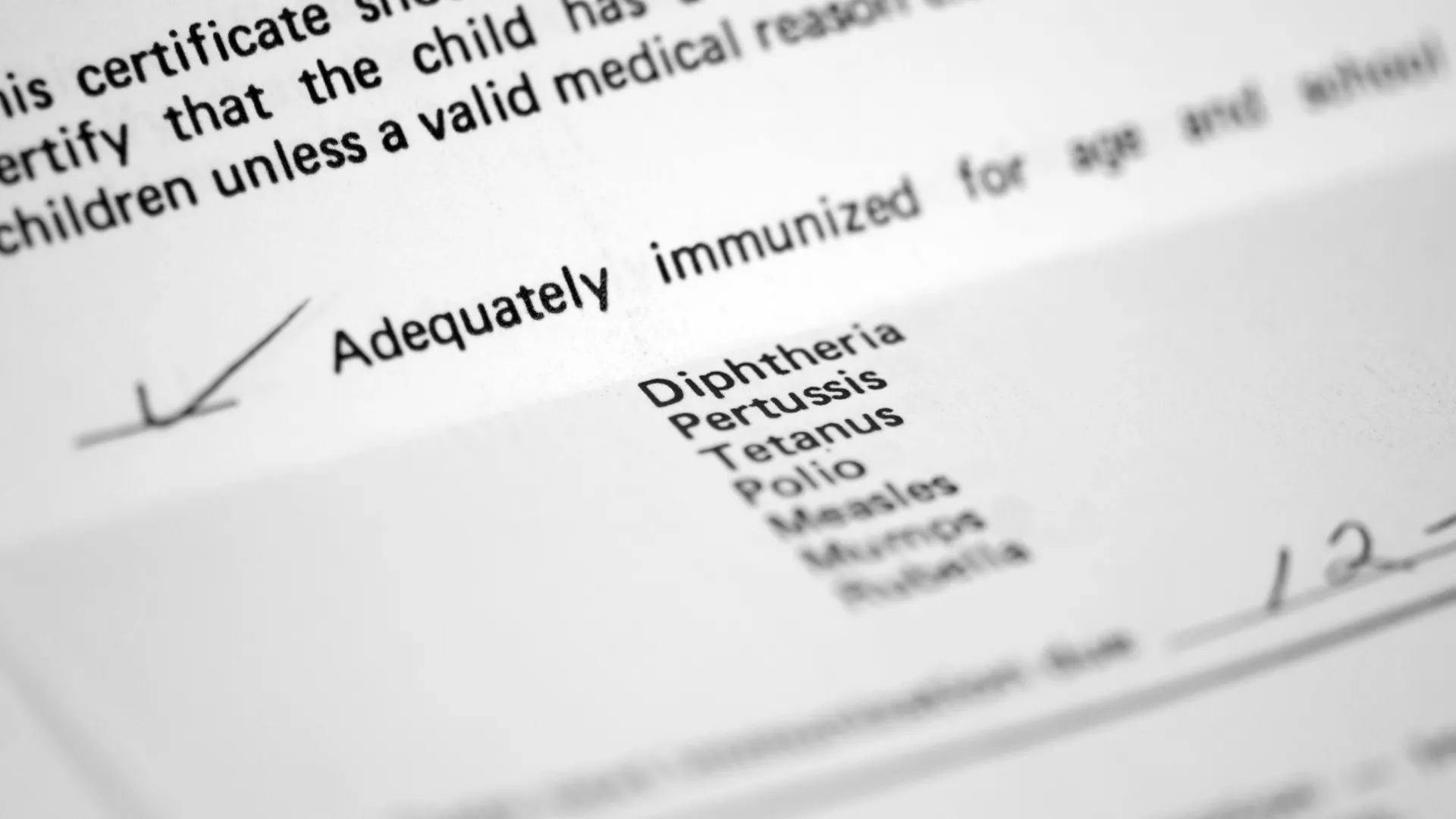
Parenting Plans

What is a Parenting Plan?
A parenting plan is a required document that defines all child custody matters and is filed with the court. It explains the parties' agreement (or the court's order) regarding visitation, legal decision making, transportation, and many other topics related to the parties' children. Because it guides the parties on all post-divorce related matters pertaining to their children, we consider it the most crucial child custody document in Georgia. Like most areas of Georgia law related to divorce, if the parties cannot agree, the judge will make the ultimate decision considering proposals submitted by each parent and the best interests of the child.
Parenting Plan Requirements

Parenting Time
Most importantly, a parenting plan must address where a child will reside at all given times, including the regular visitation schedule and special provisions for summers and holidays.

Legal Decision-Making
A parenting plan is not complete without a final decision maker for each major legal decision-making category: health care, education, extracurricular activities, and religion. Although most cases have joint legal decision making, a final decision must be made when the parties disagree and documented in the parenting plan.
Transportation
A parenting plan must also address how exchanges of custody will occur. After a divorce, exchanges of custody can be tricky since they involve seeing one another and potentially a new spouse if they are remarried. Consideration should be given to the time and location for where the exchange will take place. Ideas include the person starting their parenting time picking up at the home where the child is or meeting at a mutually agreed public place, like a mall or police station, where both parties feel safe.

Informational Access
Georgia law requires a parenting plan to include language that allows both parents to have access to their child's records and information related to education, health, and extracurricular activities.
Clauses to Consider

Restricting Alcohol
"Neither parent shall consume excessive amounts of alcohol in the presence of the children, nor shall use of illegal drugs be allowed or tolerated in any way."

Morals Clause
"Neither parent will have an overnight guest of the opposite sex to whom that parent is not related by blood or marriage while the children are present."
Parents may choose to insert such provisions to ensure that their children are not exposed to their co-parent's romantic partners too early or too often.
Important Issues in Parenting Plans
In any case involving child custody in Georgia, the parents (jointly or separately) must submit a parenting plan. The parenting plan must include specific details about who the children will be with every day of the year (including holidays, vacations, and special occasions), how visitation exchanges will occur, and how the parents will allocate decision-making authority.
There is no cookie-cutter parenting plan that will make sense for every family.
When working with your spouse to come up with a parenting plan, it is essential to think long and hard about your children and their schedules (as well as the schedules of you and your spouse). Each family is unique and has different things to consider in determining what will work best post-divorce. For example, if you have high school-aged children, it may work best if they drive themselves to and from visitation. Elementary and middle school-aged children will need to be driven. Also, older children may have numerous extracurricular activities, and their schedules may not lend themselves to weeknight visitation. Parents who live far from each other may have a hard time working weeknight visitation into the schedule even if their children don't do any extracurricular activities. It may help to look at "a week in the life" of your family to determine what will work best post-divorce. Living in two separate households can make things more complicated, but doing your due diligence upfront before being locked into a parenting plan can help.
Practice Pointer - Parents know their children better than any Judge.
For this reason, it almost always works out better if the parents can work together to submit a parenting plan to the court jointly. Unless the Judge finds the parenting plan to be contrary to the children's best interests, he/she will accept it, and it will become part of the final divorce decree.
If you cannot agree, the Judge will make the decision, and you may be stuck with a parenting plan that does not make practical sense for your family. Even if you and your spouse are at extreme odds in your divorce and cannot seem to agree upon anything, try to mediate just the custody issue and see if you can jointly come up with a plan that will work for both of you and your kids. If you can do so, your post-divorce life will likely be a little easier, at least as it relates to co-parenting.
